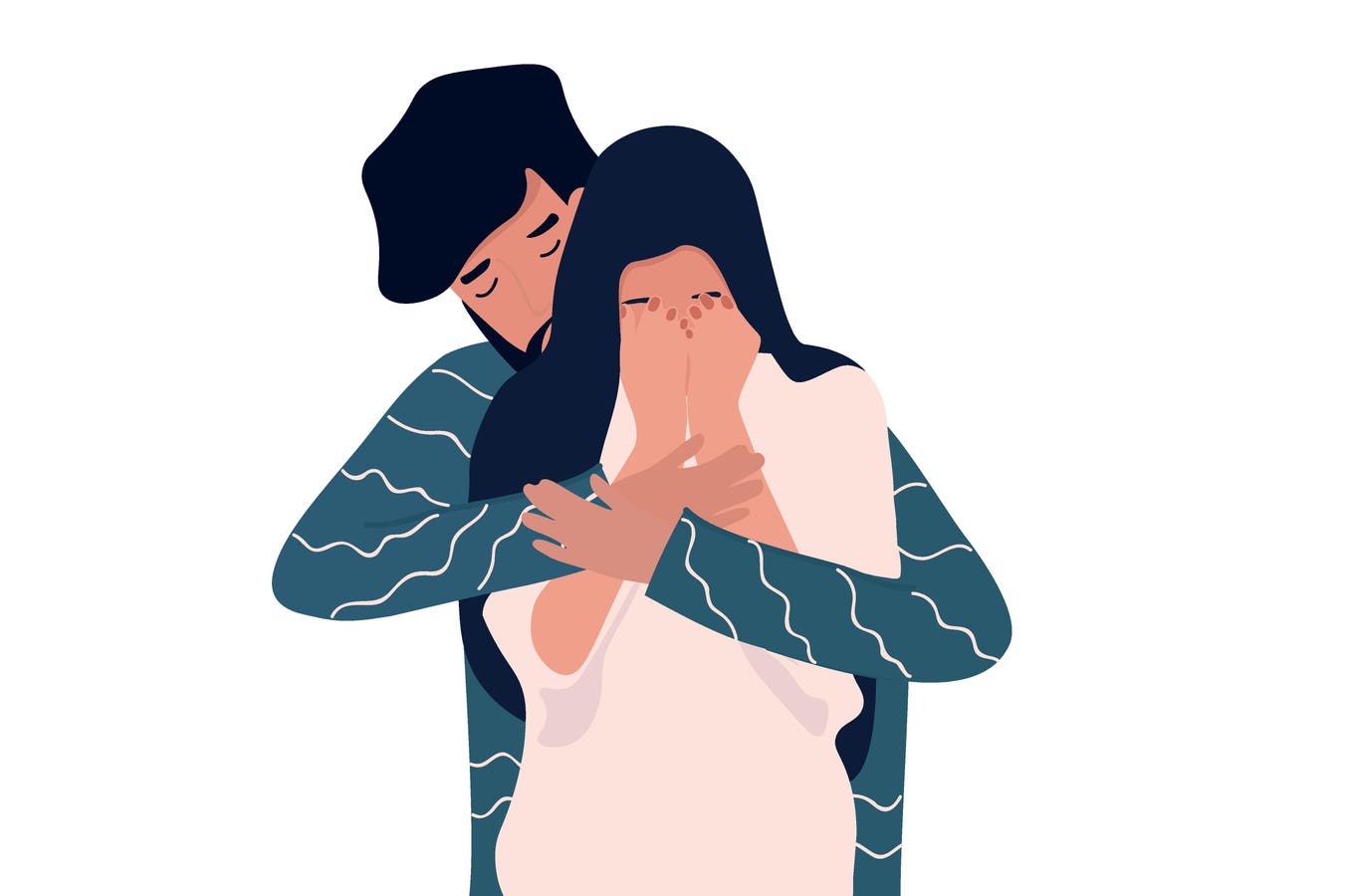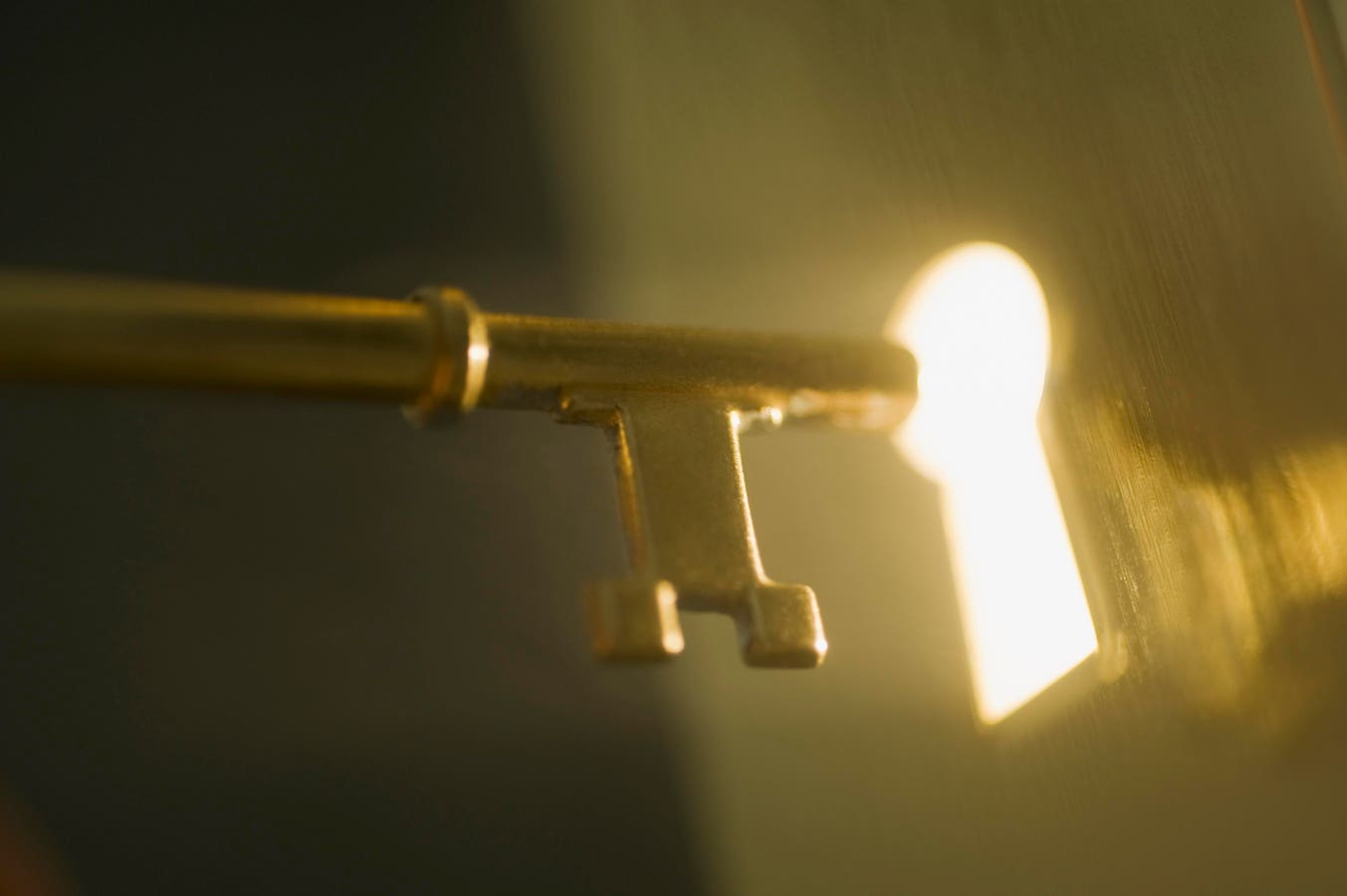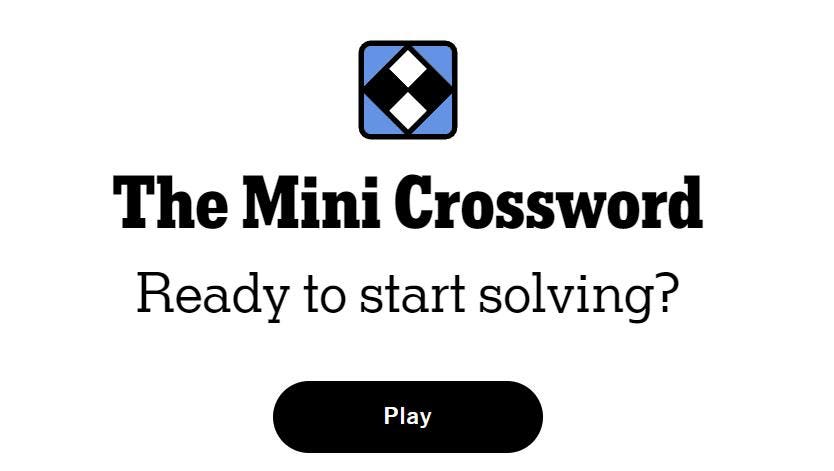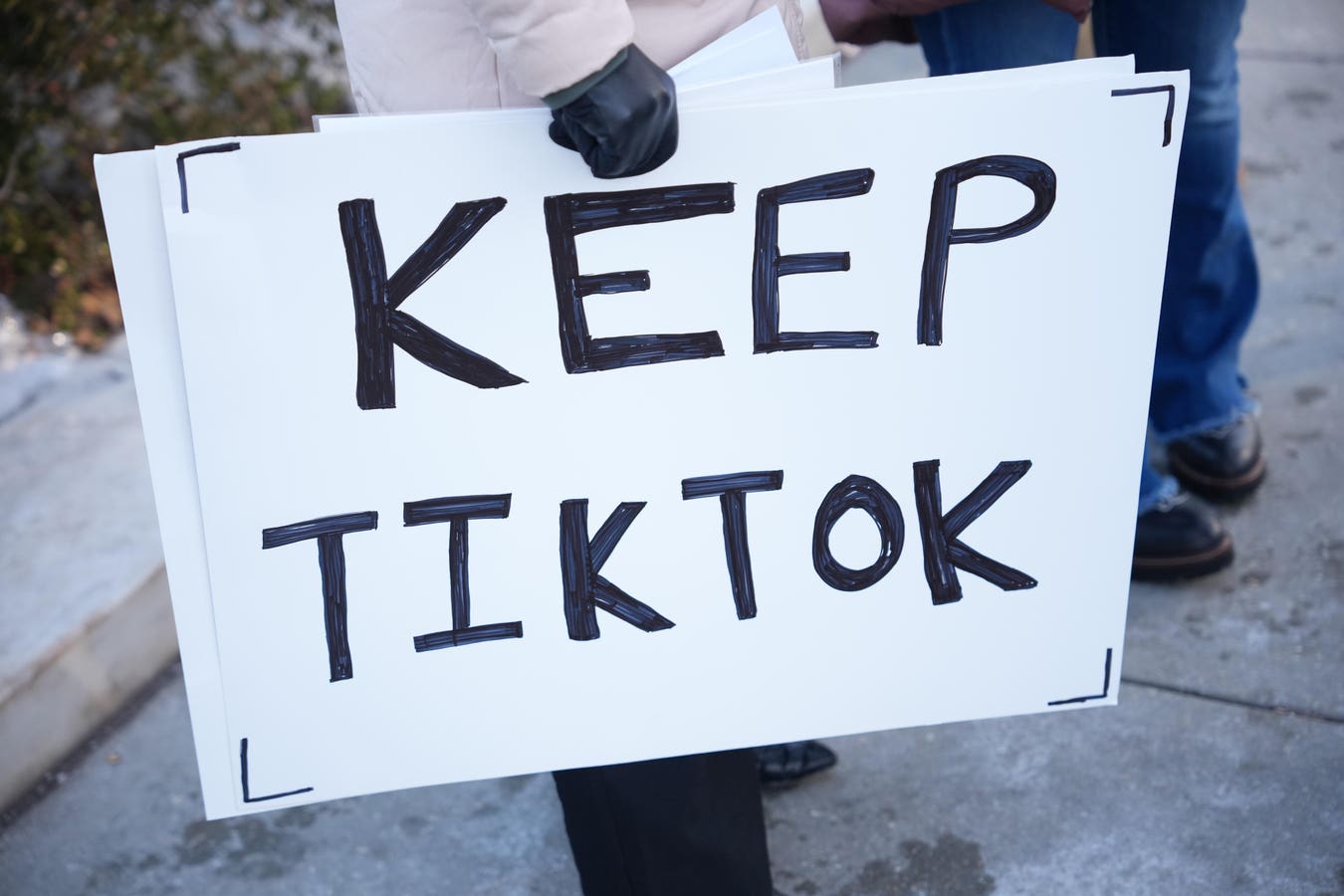No one warns you about the true cost of always being the one accommodating. Here are three signs you … More
In a loving relationship, being understood is one of the most powerful emotional experiences. To feel truly seen and still accepted is a cornerstone of emotional safety. It allows individuals to expose their flaws without fear of rejection, creating a sense of belonging that many describe as feeling deeply loved or even “at home.”
But when that understanding is never met with reciprocatory effort or reflection, it stops being a connection and starts becoming harmful. Over time, what often begins as compassion becomes concession.
Harmful patterns are excused, boundaries are blurry and one partner begins to carry the emotional weight for two. The desire to be understanding can unintentionally harm the person offering it as well as the one receiving it.
There’s a dark side to being too understanding. Here are three beliefs that are signs of such behavior, and how to steer clear of it.
1. I Understand Why You Are This Way
When someone brings up their trauma, their past or the pain they’ve carried for years, the obvious compassionate response is to listen and to understand. But for those who lean too far into empathy, understanding can become a reflex rather than a choice.
A 2017 study published in The Family Journal examined 374 couples living together and found something fascinating: empathy, especially when shown by women, was a strong predictor of not only how much love individuals felt for their partners but also how much love their partners felt in return.
The researchers found that men’s empathy tended to enhance their own experience of the relationship but had a limited effect on how their partners felt. In contrast, women often carried out the bulk of emotional labor, supporting not only their own well-being but their partner’s as well.
This reflects a deeper imbalance. When empathy flows mostly in one direction, the emotional health of the relationship often relies on the more understanding partner. That imbalance can go unnoticed for months, even years, until the emotional strain begins to show.
So the next time you hear yourself saying:
- “I understand why you are this way.”
- “I understand, so I’ll let this go.”
- “I understand, you didn’t mean what you said.”
Ask yourself: “Is this empathy being met with responsibility?” Because while compassion creates space, it cannot sustain a relationship without accountability.
2. I Understand Your World Has Rules
In some relationships, empathy starts to look like compliance. One partner adapts; not just to support but to survive the dynamic. They make small adjustments, avoid sensitive topics and lower expectations. All to preserve peace and avoid hurting their partner.
So when someone says, “I understand that loving you is difficult, but I’m still here,” it’s often less about connection and more about endurance. It’s a situation where they are trying to fit into the narrative that the other person has built.
Over time, their needs begin to disappear. Not because they stopped having them, but because those needs didn’t fit into their partner’s world.
A 2021 study published in the Journal of Personality and Social Psychology explored the effects of expressive suppression — the act of hiding one’s negative emotions — on both individuals and their romantic partners.
Across three dyadic studies, researchers found that greater suppression was consistently linked to lower relationship satisfaction, reduced feelings of responsiveness and higher emotional threat during conflict discussions.
While some suppression may be intended to preserve harmony, the study found that when this behavior becomes habitual, especially for those low in attachment anxiety, it undermines both partners’ well-being.
In other words, when one person excessively suppresses their negative emotions, like walking on eggshells and staying silent to not upset the partner, it leads to emotional burnout and relationship dissatisfaction, especially when it’s chronic.
Empathy becomes self-abandonment when you start slashing away parts of who you are to accommodate a relationship that doesn’t align with your emotional needs.
3. I Am The Only One Who Understands
One of the most overlooked signs of being too understanding is the slow realization that you’re always the one who gets it. You understand their moods, their past and the way they treat you when they are hurt. You make excuses for their behavior, justify their outbursts and try to de-escalate conflict before it even starts.
But when the relationship becomes emotionally one-sided, that understanding no longer brings connection; instead, it enables imbalance. You’re not meeting halfway. You’re meeting them where they are, every time.
This kind of emotional labor is rarely acknowledged because it doesn’t look like effort. It looks like patience, tolerance, even compassion. But underneath, it’s a form of relational overextension, where one person handles the regulation, the empathy and the repair work while the other becomes passive in the emotional life of the relationship.
Over time, this dynamic reshapes the expectations within the relationship. The more you understand them, the less they feel the need to understand you. Not because they’re cruel or incapable, but because you’ve trained the system to run without their effort.
A 2016 study published in the Journal of Social and Personal Relationships examined 315 unmarried couples and found that in relationships where one partner was significantly more committed than the other — what the researchers called “asymmetrically committed relationships” — the more committed partner reported greater emotional distress, more conflict and even higher rates of aggression.
What makes this finding especially striking is that it held true even when the more committed partner had high levels of emotional investment, suggesting that commitment without reciprocity doesn’t protect against burnout.
This is what makes asymmetrical empathy so hard to detect. It feels generous. But it removes the expectation that you should be heard too, or that your emotions deserve the same care and curiosity.
In emotionally healthy relationships, empathy flows both ways. There’s space for both partners to be vulnerable, to misstep and to repair. But when you’re the only one making sense of things, you also become the only one holding the relationship together.
Take this science-backed test to find out if you’re staying true to yourself — or just keeping the peace in your relationships: Authenticity In Relationships Scale








